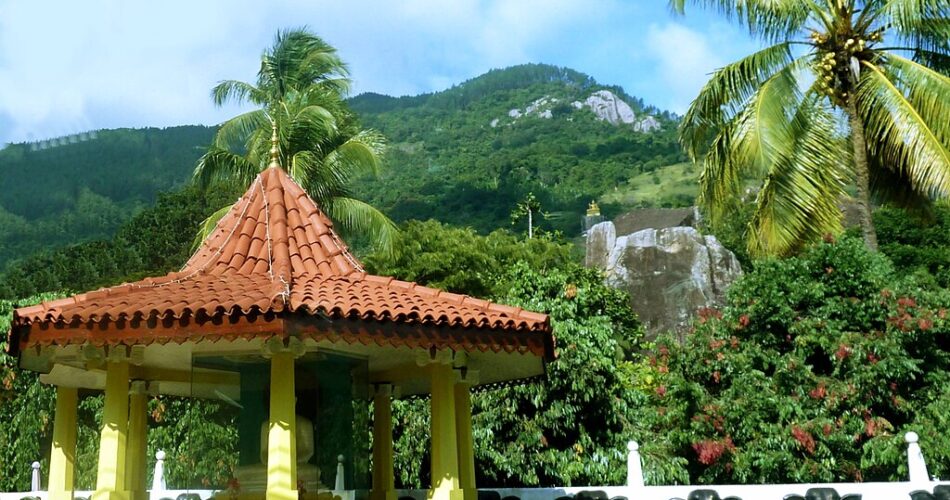Evangelicals are sounding the alarm.
A proposed regulation in Sri Lanka is raising concerns about its potential impact on Christian churches, particularly those in the Evangelical community. The new proposal, which would require all existing Christian places of worship to register, follows a 2022 circular that already mandated the registration of new religious centers. The National Christian Evangelical Alliance of Sri Lanka (NCEASL) argues that both the circular and the proposed regulation infringe on the freedom of religion by making registration compulsory. The NCEASL’s Mike Gabriel warned that these policies create uncertainty for Protestant churches, particularly independent ones, and could lead to government pressure on churches to either register or cease their activities.
Under the new proposal, churches would need approval from various government authorities and a review of their religious beliefs before being allowed to operate. Gabriel emphasized that registration should not be mandatory but rather an optional process to allow religious groups to obtain legal recognition for operational purposes. The mandatory nature of this registration system, according to Gabriel, violates constitutional protections for religious freedom and could lead to the suppression of public religious expression. He also pointed out that the 2022 circular, which requires new religious centers to register with multiple governmental bodies, lacks legal foundation, as it was not enacted by parliament.
Unregistered religious centers face heightened vulnerability, with the government threatening to raid venues involved in conversion activities. A 2003 Supreme Court ruling declared that the government is only required to protect Buddhism, leading to further restrictions on religious expression. This ruling, along with a 2017 decision denying the constitutional right to proselytize, creates a conflicting environment for minority religious groups, such as Christians. The 2012 census showed that Sri Lanka’s population is predominantly Buddhist (70.2%), with smaller populations of Hindus, Muslims, and Christians.
The NCEASL has raised alarms about the unequal enforcement of registration rules, particularly targeting minority faiths, which hinders their right to worship freely. Gabriel and the NCEASL oppose the proposed mandatory registration and advocate for a transparent, voluntary process that ensures religious freedom and equality. They argue that any registration system should be free of unnecessary bureaucracy and should allow religious communities to function without fear of government interference. The NCEASL continues to call for reforms that will protect the rights of Christians and other religious minorities in Sri Lanka.
